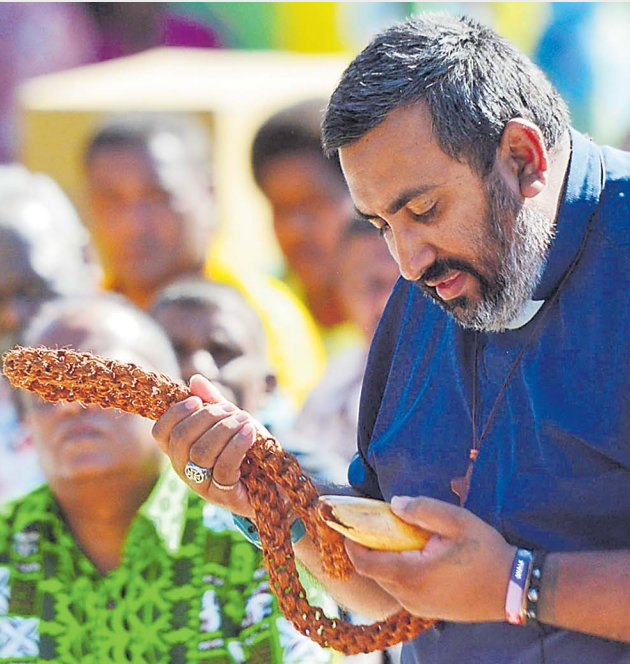The Fiji Times (1/03/25, p. 36), Selwan Nandan posed the question of whether Indo-Fijians will ever be respected as bona fide citizens in their own country of birth, their only home. He referred to the vulagi (outsider/visitor/sea people) concept as an indication that the Indo-Fijians are still unwelcomed in this country. Vulagi is a complex concept which I will attempt to explain below. I will state what it traditionally means; how the meaning of the concept changed when colonial policy on land was introduced which changed the meaning of the concept; and its implications on the ground, leading to damaged relations. Finally, I will suggest an alternative way of looking at the issue, a proposition that has been around for some time.
The meaning of vulagi/iTaukei concepts
WHEN a group of close-knitted members of a clan decide to look for new land to settle, the selection of those to accompany the group would have been based on the different roles they play and the skills that can contribute to the upkeep of the community and to its coherence. Once they settle, they would call themselves iTaukei, the first settlers and the true landowners, while others who joined later are referred to as vulagi. These later settlers have often been displaced from their communities as a result of dissensions or war, seeking refuge in other communities. They are often readily accepted and the special skills they offer provide them the security they need, while also augmenting complementary economic and military relations between the two groups. What distinguishes the two groups is that one is a landowner and the other is not. The vulagi will also have different roles to play contributing to the welding of the group as they interact with the others to fulfill their functions. The fishermen clan may not have land to till, but their needs are met by the landowners who provide them with what they lack as they offer their catch in exchange. The mataisau (carpenter) clan may carve tools and build canoes with their special skills and in exchange they are rewarded with food and houses. The interplay of different roles functions to maintain balanced reciprocal relations and social harmony. This was disrupted when the colonial government introduced a law in 1905 (Native Land Act, Cap 133) which allowed every member of a clan land ownership rights, whether iTaukei or vulagi. That changed the dynamics of social relations and identity. Everyone became an iTaukei with equal share in land ownership. Along with these changes were structural reforms introduced by the colonial administration which gave opportunities for those who were holding positions of power and influence in the native administration to make changes that benefitted them. The architects of these changes were mainly of vulagi extract, using opportunities to submerge iTaukei clans, propping themselves up while relegating iTaukei clans to lower roles and ranks, and claiming the best and the lion share of the land. The unfair distribution of land may leave the ‘iTaukei’ in a state of helplessness because they feel it is no longer open to debate. Once in a digital or text form, they feel it is a closed case. The consequences of these colonial reforms have continued to cause havoc in the social relations of iTaukei society today.
In my view, the vulagi concept is best left alone as a traditional concept rather than attempting to assert its shallow modern meaning of ‘foreigner’ which ignores its traditional complex meaning that is supposed to bring cohesion and a relation of balanced reciprocity in a vanua. Thus the traditional meanings of the vulagi/iTaukei concepts have changed considerably, bringing untold hurt to many vanua. What is the alternative?
Respect our differences
Professor Subramani has proposed a very different take. He argues that there is no need to try to unite us as one people. Our cultures are different, we speak different languages and our worldviews differ in many ways. The key that will hold us together is to learn to understand and respect our differences. So at one level, we maintain our differences, at another, we recognise our diversity and respect it. Citizenship education that includes the affirmation of this value is the glue that will weld us together as a nation, It may not heal the rift, but it will encourage reconciliation.
To return to the issue of the tradtitional vulagi/iTaukei concept, let’s leave that to the iTaukei themselves to resolve their situations. At the national level, let’s enjoy our diversity and focus on citizenship education to bind us together.
DR ETA VARANI taught indigenous studies and education at Macquarie University and University of Sydney. The views expressed in this article are hers and not of this newspaper

